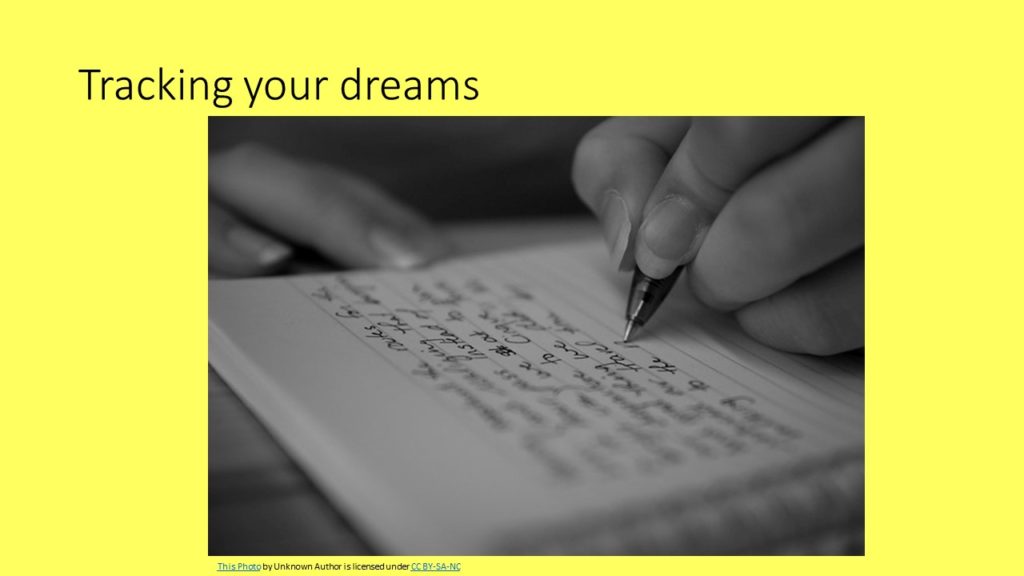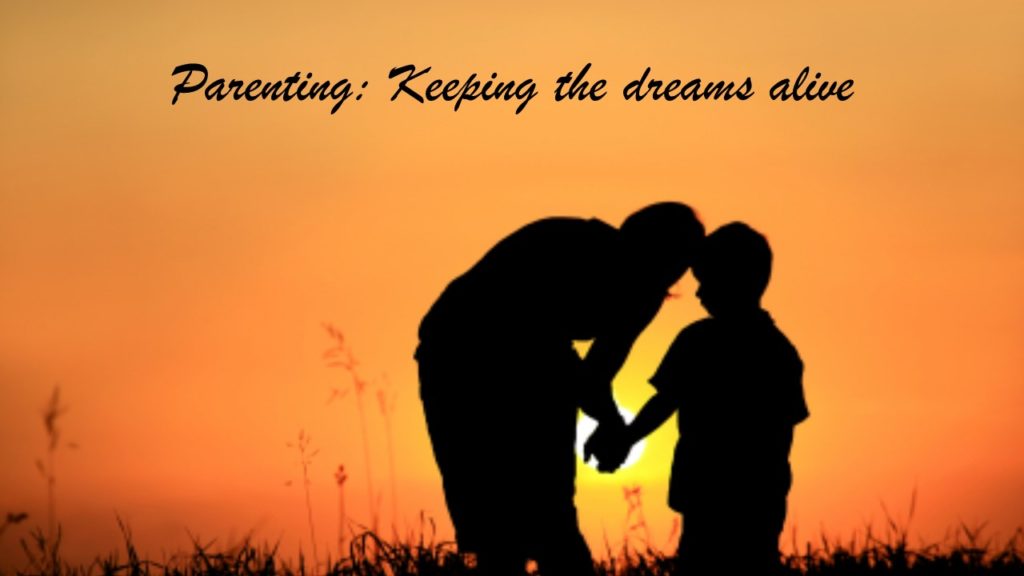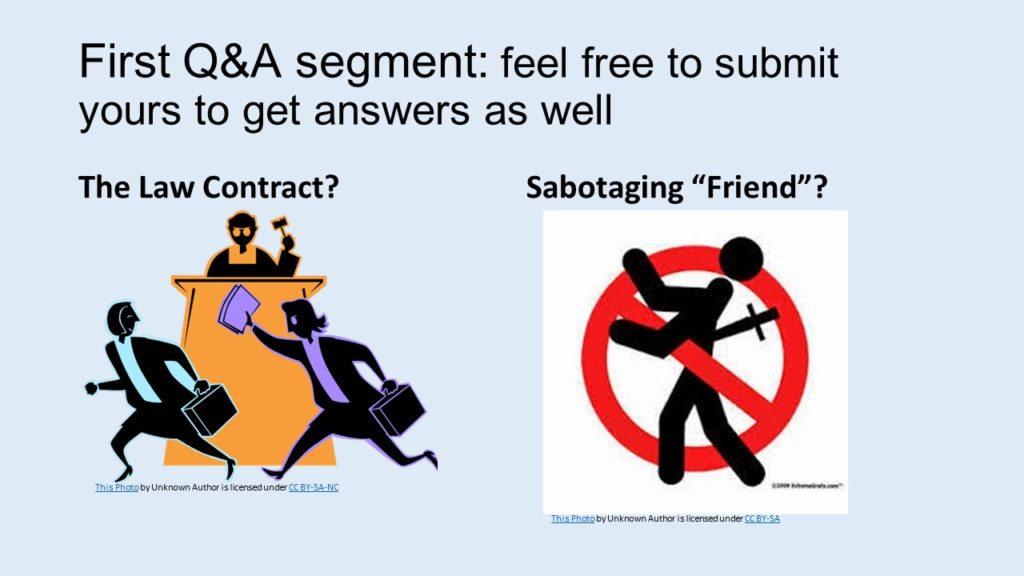The Dreamer
This episode covered some interesting stories. We introduced a new segment for questions and answers as we dove deeper into the story of Joseph.
We all have the ability to dream. Some of us keep that ability strong. Inside our dreams are clues into what we hope for, wish for, and aspire to. And then, there are the gems that God drops on us through our dreams.
The Dreamer
Joseph had two dreams in which it appears as if his family has gathered to bow down and worship him.
Without understanding the details and possible meanings of the dream, it led to a rise in family tensions. No one wants to know they have to bow down to anyone, especially if you’re already looking down on them.
Joseph’s life was made miserable because of his dreams.
How to keep track of your dreams

On the blog, we touched on how to remember one’s dreams. Write the down in a journal for review.
Be mindful not to use your phone for the memo… because the blue light of the screen will mess with your ability to return to sleep quickly. A good night’s sleep is more important than writing down a dream.
Review your dreams periodically and look for patterns. The dream itself may not be the most meaningful of event, but the pattern is more important.
Many times, our dreams carry clues about what our brains are processing during the night. It could be nothing, it could be consolidation of memories, or it could be valuable insights towards the lifestyle of your future.
With prayer and qualified support, one can figure out what dreams are trying to tell us.
Parents, don’t accidentally squash your children’s dreams
Dear parents, you mean well and try your best. Sadly, sometimes, we get in the way of our own children’s success.
Some parents are quick to redirect the thinking/dreams of their children. Others are quick to insert their own dreams for their children. Sure, you’re helping, but you’re not helping.

Putting untold pressure on a child to perform can hinder performance. The most damaging of help is when a parent ties the identity of the child to their performance.
“I only have smart children, you’ve got to give me the A+ I want” – a misguided parent might say to a child in desperation.
“I only give you one job. Get good grades. Why can’t you just do your job” – another parent might lash out without thinking.
When we link the performance to the person, they become shy about trying new things out of fear of finding out they’re not good enough. Especially when parents link love to performance.
A healthy relationship with our mindset insists that our identity is independent of our performance. We are smart people because God gave us the ability to learn. With the right skills, we can best showcase our intelligence. A lack of performance does not mean a lack of intelligence.
Many children have been crippled by fear of failure because they make it personal, based on what they heard at home.
You’re not your grades. They don’t define you. Grades only reflect the performance you delivered at the time of the exam, not what you really know and can do. Testing is a learned skill. Those who have it, perform better. Those who don’t, can’t show off what they know.
Parents, please encourage your children to learn how to learn… learn how to perform… learn how to adjust in all situations. Praise the effort far more than the results. And show your children compassion and love when they under-perform, as they’re worthy of love no matter what.
You can address the lack of performance without having to withhold affection and love.
The Q&A
In this episode, we’re introducing the question and answer portion of the show. It may not always be towards the end, but it’s designed to address some of the questions that arise from the community.
Whenever possible, we go out of our way to preserve confidentiality through anonymity. Some situations require a little modification of facts to keep the innocent safe. We can’t address every situation, but will do our best to find information to help.
The aim is to help as many people as we can reach their best relationship with their mindset.

The Law Contract
First question came from a person who wants to pursue a career outside of law. The family is filled with lawyers who feel this is the best path for them to take. What should such a youth do?
We dive into the topic on the show. A few pointers:
-Do your due diligence. -Have your facts in check. -Be prudent and wise in honoring your parents while finding your path.
While the answer can be nuanced by age and life experience, every person does have to find out what dream they’re chasing and what is their call in life.
Most millennials will have multiple careers in their lifetime. Many may not even use their college degree most of their working lives. The pressure to be one career over another is well meaning but not as applicable in first world countries.
What one needs to do is be well informed and make the best choices based on the information available.
Practical tips
Get advise from those in the field Speak to guidance counselors
Interview those who are already doing what you’re hoping to do Internships and mentorships to gain insights into the industry
Read. As in, read the industry blogs, books, magazines, and the likes Take aptitude tests and personality job tests to gain insights into your skills
Make sure you explore all the options in the career your parents recommend as well as all the options in the career path you’re interested. Know the ins and outs.
After prayer, meditation, and careful considerations, make your move. Your parents want you to succeed. In the end, that’s the biggest thing for them. Once you’ve found a path that keeps you growing, your family will come around… most times.
And if they don’t, their love won’t change and you’ll be too busy building your dream life to be worried about their lack of happiness about your happiness.
Sabotage inside friendship
What do you do when your friend appears to be stabbing you in the back? Conventional practices (can’t call it wisdom) says to confront them and put them in their place.
Well, on the show, we explained to the listener that one has to be a little careful. Let’s not jump to conclusions.
Sure, some people will pretend to be your friend and will design harm your way. However, in deep friendships, sabotage can be a matter of perspective.
Without a good conversation, it’s not always easy to tell if the friend is stabbing us in the back or trying to help us out.
With evidence, a good honest calm conversation, we can gain insights into the motives of the action of the person. Based on the gained facts, not he-said or she-said, we can make a choice on how to move forward.
What options are there, besides ending the friendship
A- after speaking to the friend, we realize we saw things differently. Patch things up and continue being friends. People are allowed to see life differently and act accordingly. Doesn’t make them a bad friend.
B- after speaking to the friend, we realize they aren’t really the friend we thought. Thank the Lord for the revelation. Move on with your life without hating the person. Some people are for a season, some for a reason, others for life. Now you know where your friendship was.
C- after speaking to the friend, we realize they mean well, they love us, but don’t know how to support us in this particular context. We can ask them to support us in other ways. Should they agree and adjust accordingly, you’ll see that they were really in your corner the whole time. Just this isn’t their area of expertise. And that’s ok.
Friendships constantly change
Bottom line, in all relationships, one can’t afford to get comfortable and start assuming things. Misunderstandings often destroy many solid friendships.
Just like marriages, friendships thrive on clear open communication. If something feels off, don’t just sweep it under the rug. Check in and get clarity.
Not all friends are close to us nor deserve to be close. However, just because they’re not close doesn’t make them bad friends.
Treat all your friends with utmost respect, it’s good for you and them. Plus, we don’t need to test the legitimacy of Karma.

Chase the dream
We all have gifts and talents. We all have dreams and aspirations. Somewhere along the way, we learn not to listen to the call of our dreams.
Sure, dreams change. That’s inevitable.
However, the core of our dreams tend to stay the same because it is the deep drive that pushes us forward.
What is your dream? If you don’t know, that is part of your mission during your journey through life.
Some folks find out their dreams early and hold on to them. Others forget and have to rediscover. When one lives within their dreams, life seems to have a joy and purpose that is satisfying.
Please, do the necessary work to uncover, keep, and grow your dreams.
It’s not the material things, it’s not just the experiences, but it’s the fulfillment of purpose that makes dreams worth chasing.
But… what if I don’t have a dream…
A quick hint… most dreams tend to show up around the age of seven. What were you really into at that age? What drove you? What motivated you and got you curious and excited?
Chances are good, a version of that will be very close to your dream calling as an adult.
Joseph got a good look at his dreams at the age of 17. It made little sense to nearly everyone at the time. However, much later in life, the dream played itself out. Sure, it looked differently, but it still played out.
The point of the journey is to see how it plays out. Most dreams will have some element of purpose and/or service.
After all, God did put us on this planet as social beings… to work together and help each other get to the promise land.
If you want to share, in the comments below, what are your dreams? What help do you need to reach your dreams?
Look forward to hearing from you. Your feedback is important to us. That’s the only way can develop this dream into something very helpful for you.
Until we meet again, have a fabulous rest of week and weekend.